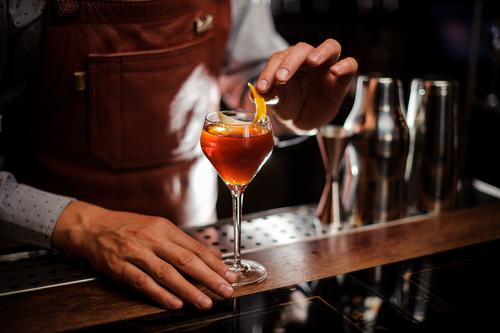If you want to survive in the bar industry, there’s nowhere else to go but green, said Paulo Figueiredo, Ketel One’s Brand Ambassador and sustainability expert, on Oct. 7 while attending the World’s Best Bartender Competition in Berlin.
“It’s the direction ... the industry is going. Not just bars, [but] restaurants as well are finding better ingredients for a better, more sustainable and eco-friendly drink or cocktail,” said Figueiredo.






